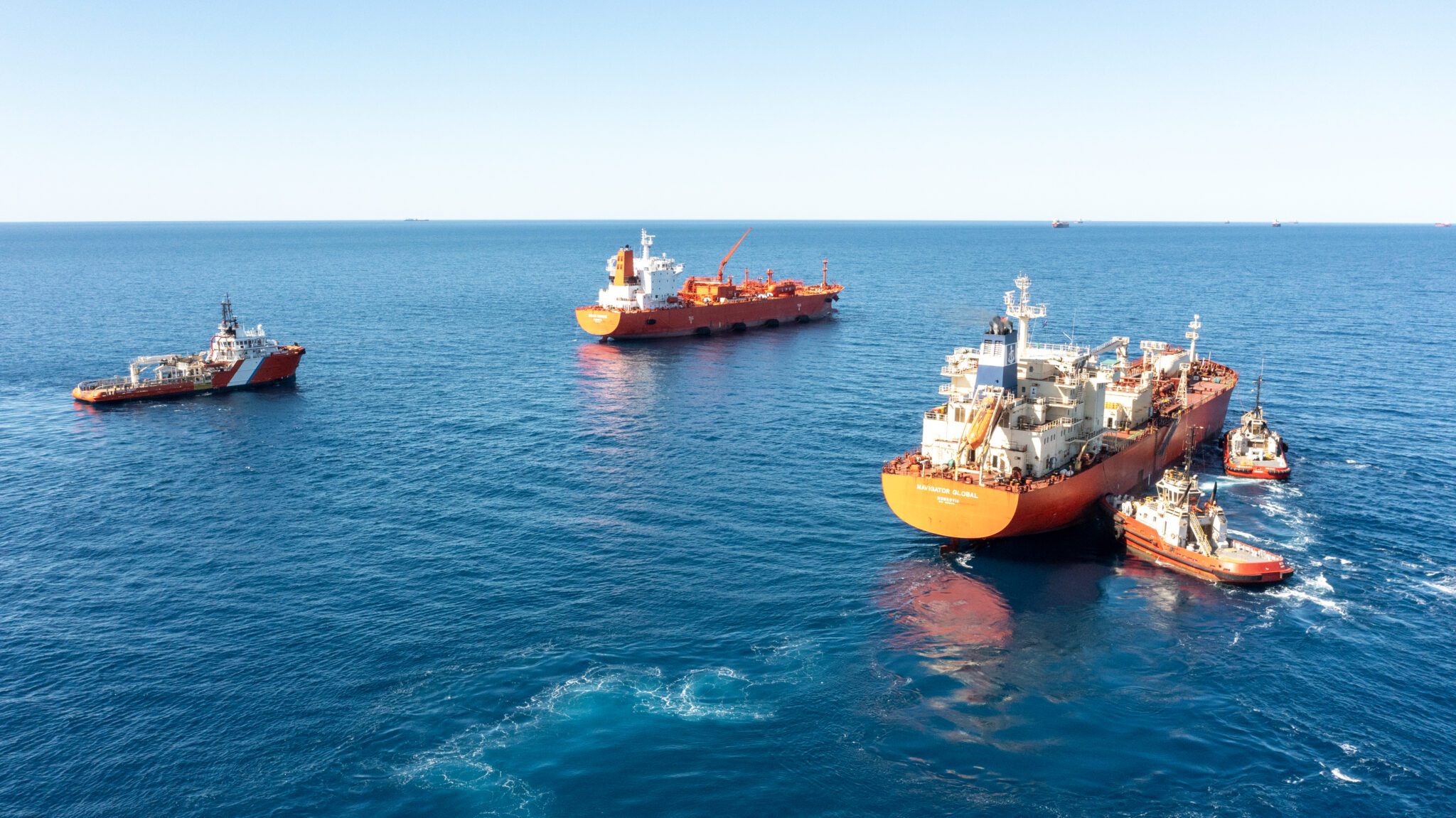At the Seamen’s Church Institute (SCI), we’ve spent over a century advocating for the dignity, safety, and welfare of the world’s seafarers. This April, as Director of SCI’s Center for Mariner Advocacy, I had the honor of joining the International Christian Maritime Association (ICMA) delegation at the Fifth Meeting of the Special Tripartite Committee (STC) of the Maritime Labour Convention, 2006 (MLC, 2006), in Geneva. This meeting delivered some real “wins” for the mariners we serve.
One of the most tangible gains from the meeting is a long-overdue affirmation of a basic freedom: the right to shore leave. Under the newly adopted Standard A2.4.2, port states are now obligated to allow seafarers ashore, unless they have a legitimate health or national security reason to deny it.
Perhaps most importantly, this access cannot be denied simply for lack of a visa or shore pass. It’s a move SCI and our global partners have pushed for years, and it is likely to have an immediate, positive impact on seafarers’ well-being. Shore leave is more than “a break,” it’s a lifeline to mental health, dignity, and human contact.
Another major development involves the right to repatriation, the process of getting home when a contract ends, or when a mariner is stranded or abandoned. Amendments to Regulation 2.5 now explicitly prohibit discrimination in repatriation obligations based on a ship’s flag. This means a seafarer’s ability to return home shouldn’t hinge on the politics or policies of a flag state. It’s a clear statement. No matter where a vessel is registered, mariners deserve to get home safely and swiftly.
Throughout the COVID-19 pandemic, SCI fought for seafarers to be recognized as “key workers.” The new amendments stemming from this meeting urge member states to formally adopt this designation, ensuring seafarers can access vaccines, shore-based medical care, and timely crew changes, even during border closures and public health emergencies.
This is more than symbolic. It provides real leverage for seafarers in future emergencies and underscores the essential role they play in keeping the world economy afloat.
SCI is particularly encouraged by updates to the Convention’s provisions on the treatment of seafarers involved in maritime casualties or legal disputes. When accidents or detentions occur, mariners are often caught in foreign legal systems with limited support. New language requires that investigations follow international standards of fair treatment, and ensures detained mariners have access to timely legal proceedings and consular assistance. These are crucial protections, and we stand ready to assist seafarers navigating these systems.
While we applaud these advances, there’s more work to be done; several issues were left unaddressed. There’s still no requirement for internet access at sea, a vital link to family and support. As well, mental health services remain inadequately addressed, despite growing concern. And abandonment protections, a crisis we continue to confront in our work, were notably absent. SCI continues to press these priorities forward in partnership with global organizations and maritime welfare advocates.
This meeting, however, marks meaningful progress. It reflects what SCI knows about seafarers: that they are resilient, committed professionals, and that when international bodies understand as we do, real change is possible.
Phil Schifflin, Esq. isDirector at the Center for Mariner Advocacy at Seamen’s Church Institute.






